Interview: Poul Andrias Ziska — KOKS Restaurant
A Viking’s
A Viking’s
Plate

Streymoy, the main island of the Faroes, is showing her moody side today. Walking through thick fog, it seems like the clouds fell right off the sky onto the green grass surrounding us. It could be any time of day, but our clock tells us that it’s time for lunch – and our interview with Poul Andrias Ziska. The 28-year-old Michelin-starred chef, who was born and raised on the Faroe Islands, is constantly working on reinventing the culinary heritage of the remote Archipelago in the Northern Sea.
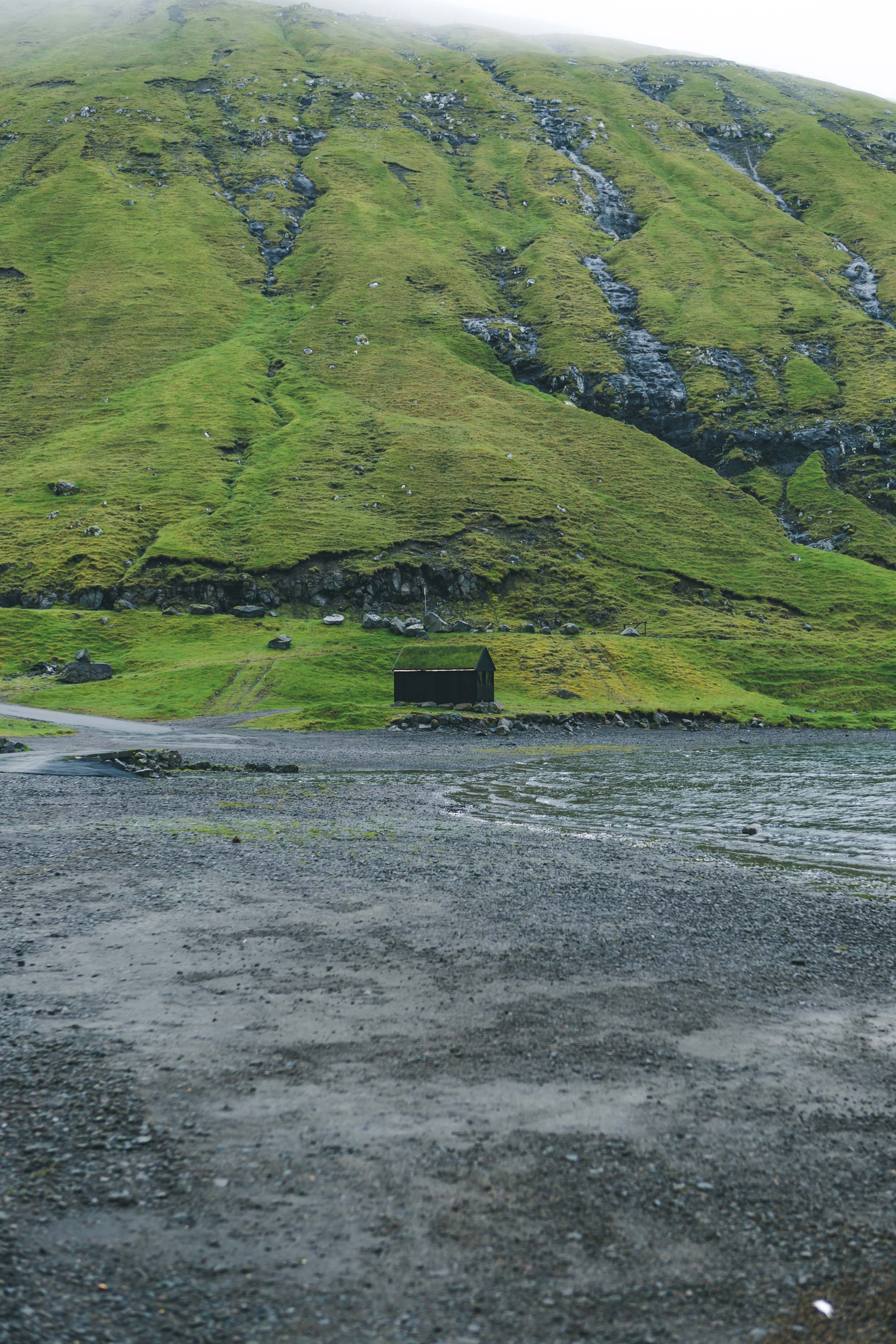

We arrive at Lake Leynavatn which is supposed to be right around the corner of the restaurant. Well – apparently that’s what they call remote. The only people we see are a few dog owners training their furry friends behind a turf-roofed house. We’ve got no reception. Our car is parked on a dirt track on black volcanic sand. Are we lost?
The (not only dog-)friendly Faroese people tell us that it’s just a 15-minute-walk to the restaurant, they point to a green valley encompassed by misty mountains. Just follow the river. And we do. Wrapped in waterproof clothes top to bottom, we make our way towards the old farmhouse that now accommodates the Faroe Island’s finest restaurant.
At a closer look the farm from the 1740s is in shipshape. From the kitchen – staffed and stuffed with people from around the globe – we hear »Gangster’s Paradise«.
The (not only dog-)friendly Faroese people tell us that it’s just a 15-minute-walk to the restaurant, they point to a green valley encompassed by misty mountains. Just follow the river. And we do. Wrapped in waterproof clothes top to bottom, we make our way towards the old farmhouse that now accommodates the Faroe Island’s finest restaurant.
At a closer look the farm from the 1740s is in shipshape. From the kitchen – staffed and stuffed with people from around the globe – we hear »Gangster’s Paradise«.
We take a seat in a wooden panelled room surrounded by bottles of Whiskey, where Poul serves us tea.
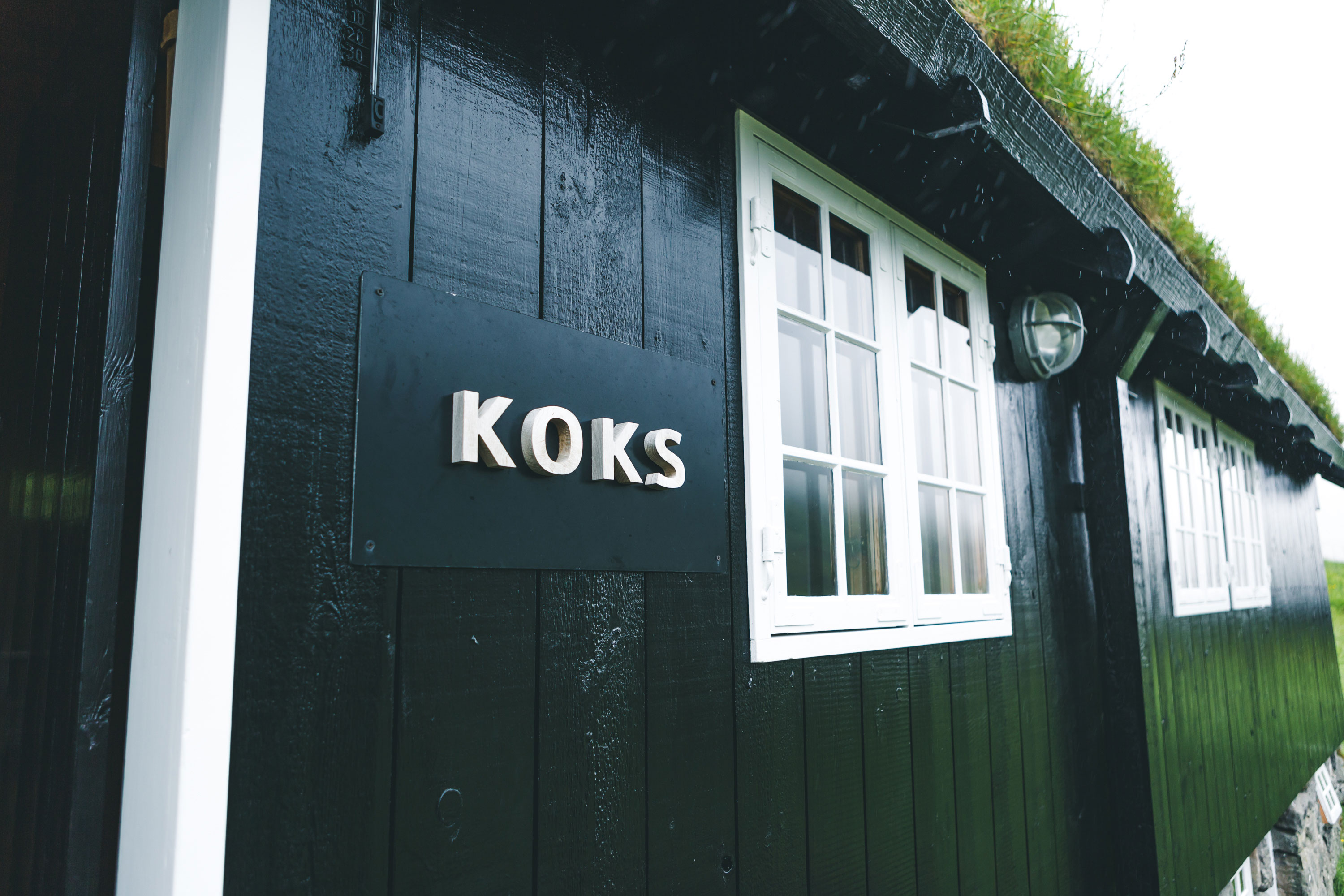
We love this place – it is simply out of this world. Are you happy here?
We relocated to Kirkjubøur from Tórshavn, just shortly after our pop-up in Copenhagen. In April 2018 we moved to Leynavatn where we reopened the restaurant. It was originally just a house for the people who take care of the sheep, at times a blacksmith used to work here. We think it’s great, and we have lots of possibilities to develop the place.
We relocated to Kirkjubøur from Tórshavn, just shortly after our pop-up in Copenhagen. In April 2018 we moved to Leynavatn where we reopened the restaurant. It was originally just a house for the people who take care of the sheep, at times a blacksmith used to work here. We think it’s great, and we have lots of possibilities to develop the place.

The name KOKS means to flirt or to pursuit perfection. How do you connect that to what you do?
We use foods that are cultivated on the Faroe Islands, raised on these hills or found in local waters. Lamb, fish, seaweeds, lots of root vegetables like potatoes and turnips. In search for our true Faroese identity, we started to forage the hillsides for regional herbs and greens. On the Faroes, we don’t really have a culture of eating out, and the few good restaurants we had were all inspired by French Cuisine. Especially the people living on the outer islands are very aware of their expenses – they simply don’t get the idea of spending money for food in restaurants instead of cooking at home. But younger people of my generation move away, studying in various cities, getting to know a different lifestyle. When they return, they usually eat out on a regular basis.
We use foods that are cultivated on the Faroe Islands, raised on these hills or found in local waters. Lamb, fish, seaweeds, lots of root vegetables like potatoes and turnips. In search for our true Faroese identity, we started to forage the hillsides for regional herbs and greens. On the Faroes, we don’t really have a culture of eating out, and the few good restaurants we had were all inspired by French Cuisine. Especially the people living on the outer islands are very aware of their expenses – they simply don’t get the idea of spending money for food in restaurants instead of cooking at home. But younger people of my generation move away, studying in various cities, getting to know a different lifestyle. When they return, they usually eat out on a regular basis.
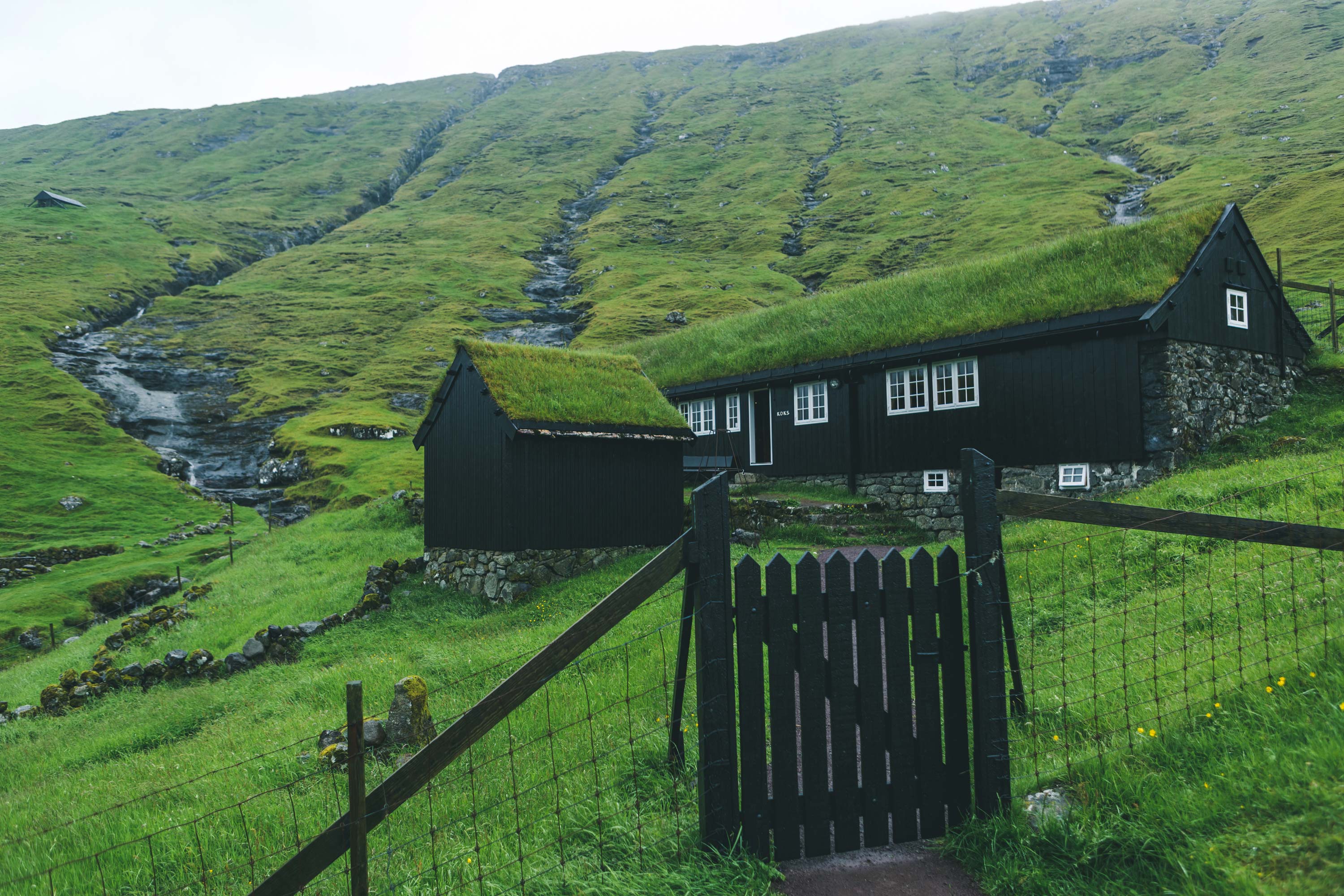
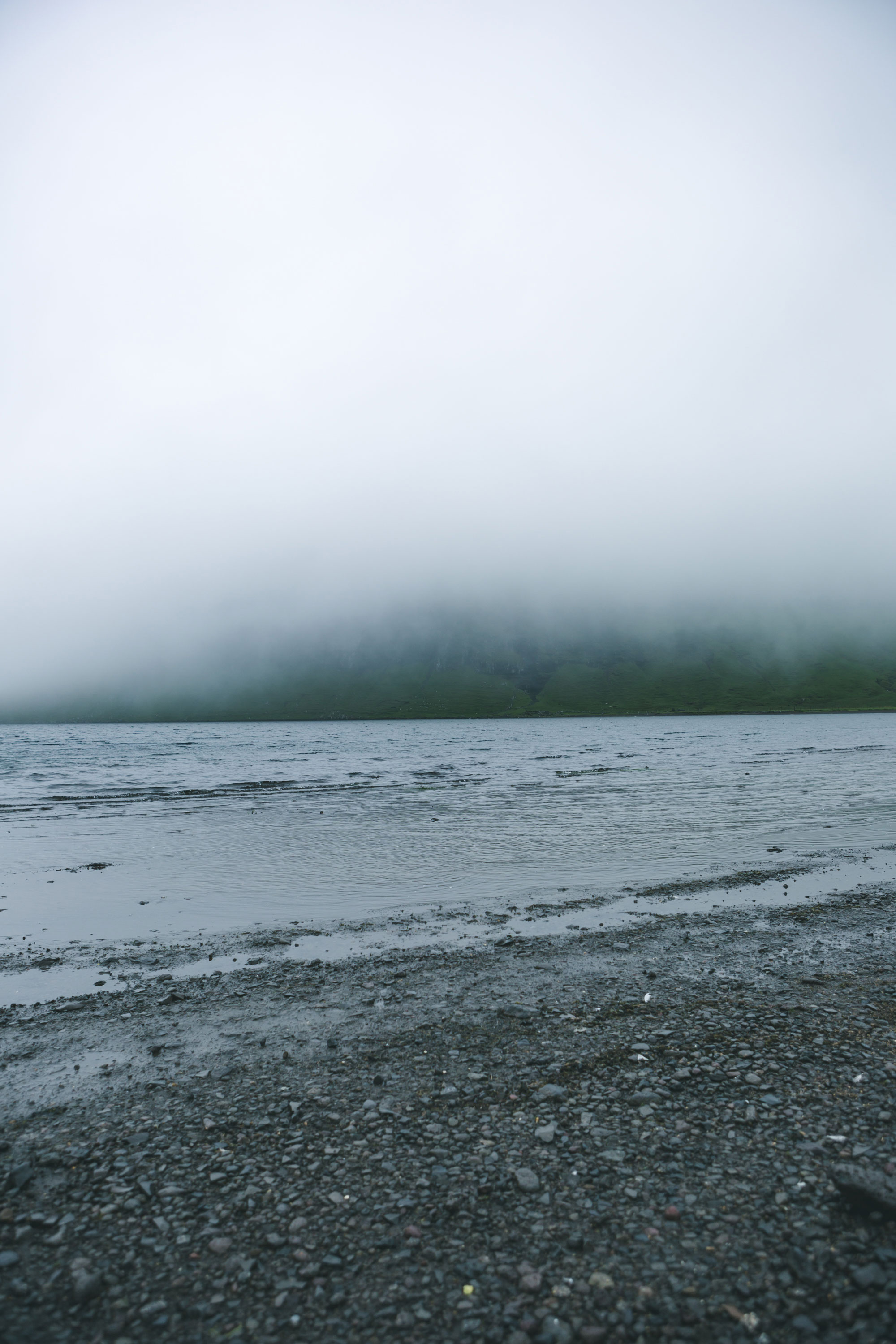
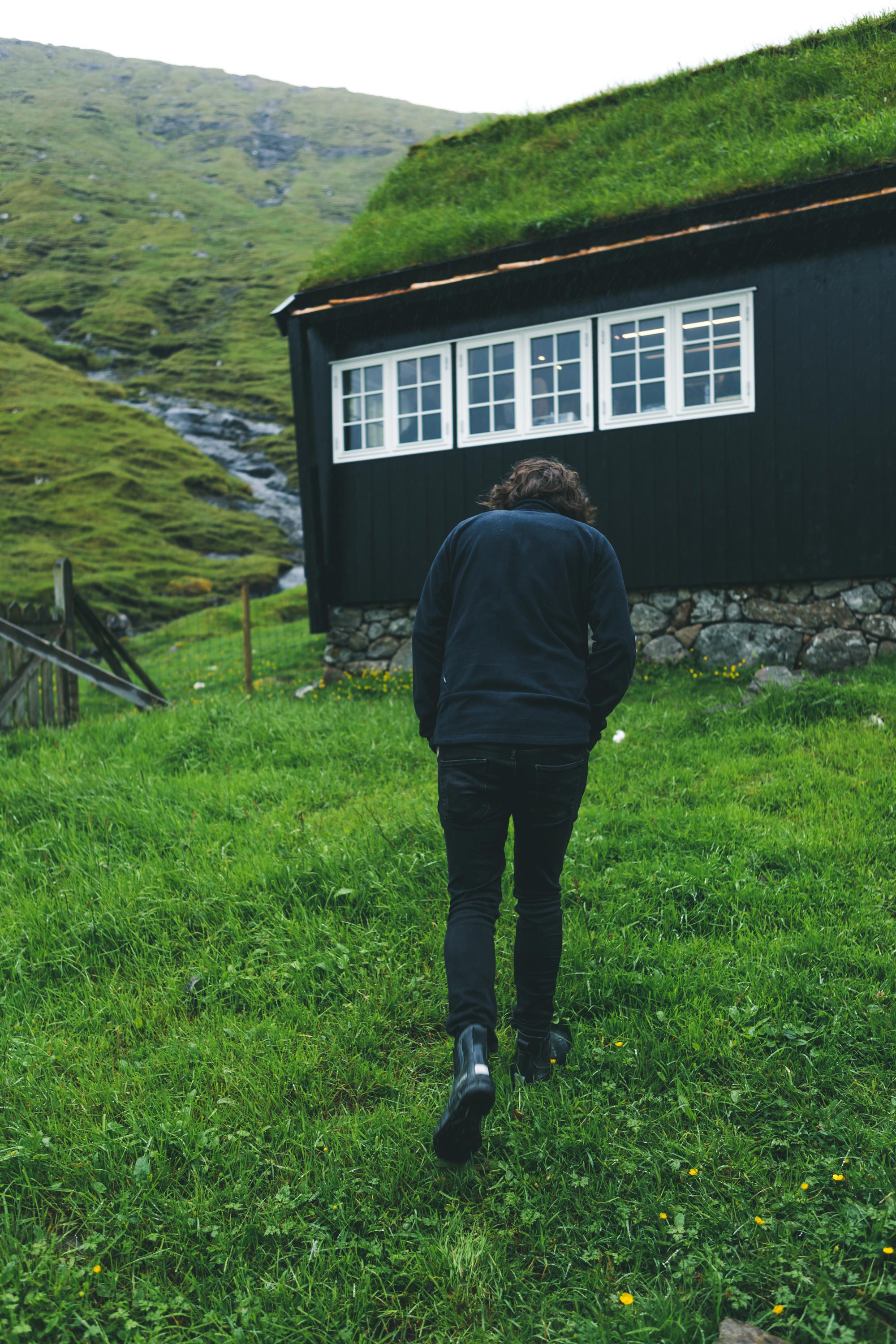
KOKS draws many people to the Faroe Islands and helps in making them more popular. What are your thoughts on this new tourism? Are the islands ready yet to take in all the visitors?
It’s cool, but we don’t think about it too much. We focus on the food, and it doesn’t matter to us where our guests come from. I think that the Faroes could take in way more tourists. You can’t stop people from coming and it creates lots of new possibilities, not only for the restaurant scene. We should stop complaining about it and start supporting it, for example by creating pathways and such. Currently, we have very little capacity. We shouldn’t always focus on other places like Iceland, but rather think about solving our own issues and regulate it in a sustainable way.
Do you travel a lot for inspiration? What did you come across in the last years that you really liked?
Actually, I do not travel a lot, maybe six times a year – mostly for work reasons only. I go to dinner in London or Holland, where I always try to go and eat out at good restaurants, taking pictures and notes. It’s a fun kind of work, but in the end, it is still work. The »Clove Club« in London was quite inspiring for me, for example.
It’s cool, but we don’t think about it too much. We focus on the food, and it doesn’t matter to us where our guests come from. I think that the Faroes could take in way more tourists. You can’t stop people from coming and it creates lots of new possibilities, not only for the restaurant scene. We should stop complaining about it and start supporting it, for example by creating pathways and such. Currently, we have very little capacity. We shouldn’t always focus on other places like Iceland, but rather think about solving our own issues and regulate it in a sustainable way.
Do you travel a lot for inspiration? What did you come across in the last years that you really liked?
Actually, I do not travel a lot, maybe six times a year – mostly for work reasons only. I go to dinner in London or Holland, where I always try to go and eat out at good restaurants, taking pictures and notes. It’s a fun kind of work, but in the end, it is still work. The »Clove Club« in London was quite inspiring for me, for example.
»Fermented food is maybe the most important cultural heritage we’ve got.«
Johannes Jensen — Entrepreneur behind KOKS
Apart from that, how do you develop new recipes?
We’re not too complicated – actually everything is quite simple here. It just takes time to prepare. We try not to use 100 ingredients but to reinvent the ones we have. We only have a small range to work with: rhubarb, turnip cabbage, potatoes, garlic, lettuce, carrots – you just got to give it a new twist. So, for example, that’s why we have desserts with potatoes. Also, there’s an interesting project going on right now: we want to put up our own garden where we can study all the wild herbs and harvest them on a larger scale.
Talking about Faroese food – can you remember your favourite dish in your childhood?
Traditionally we eat a lot of fermented lamb here, but our food culture was affected by different kinds of Western influences, so it was probably lasagna or some pasta dish. Still, a lot of old habits were preserved, unlike other Nordic countries. We haven’t been too exposed to globalization. Of course we don’t need to ferment fish or lamb anymore – because we have supermarkets and can get exotic foods like pineapples on a daily basis – but people still do it.
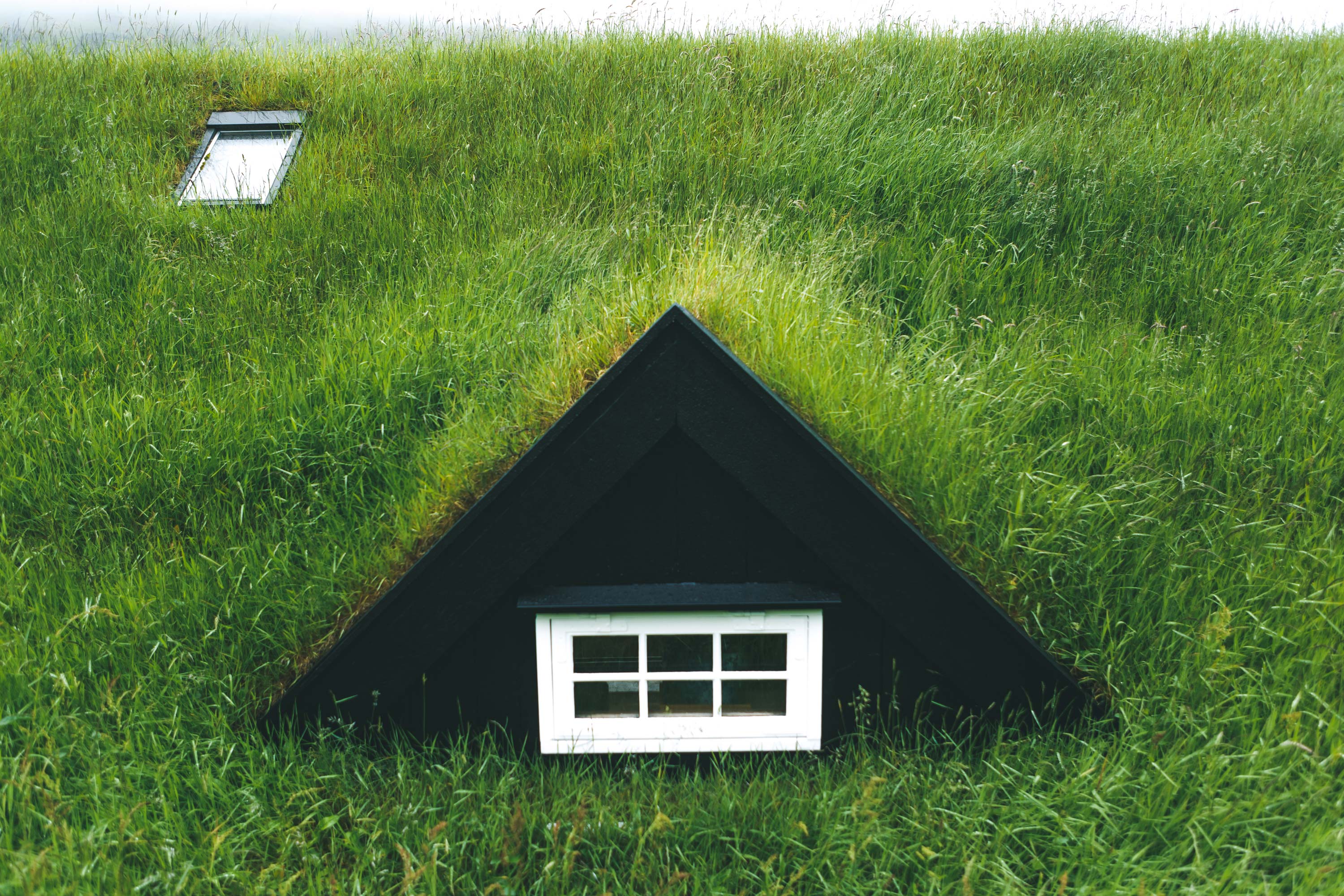
Ten years in, what kind of advice would you give to your 18-year-old self?
I honestly don’t know. I think being too wise is not always a good thing. It would be kind of predicting the future, and that’s not nice. I guess I wouldn’t say anything, definitely nothing about how hard it would going to be. Working in the field as dedicated as we are, there is always a certain risk to your personal life. You have to make compromises, sacrifices.
I honestly don’t know. I think being too wise is not always a good thing. It would be kind of predicting the future, and that’s not nice. I guess I wouldn’t say anything, definitely nothing about how hard it would going to be. Working in the field as dedicated as we are, there is always a certain risk to your personal life. You have to make compromises, sacrifices.
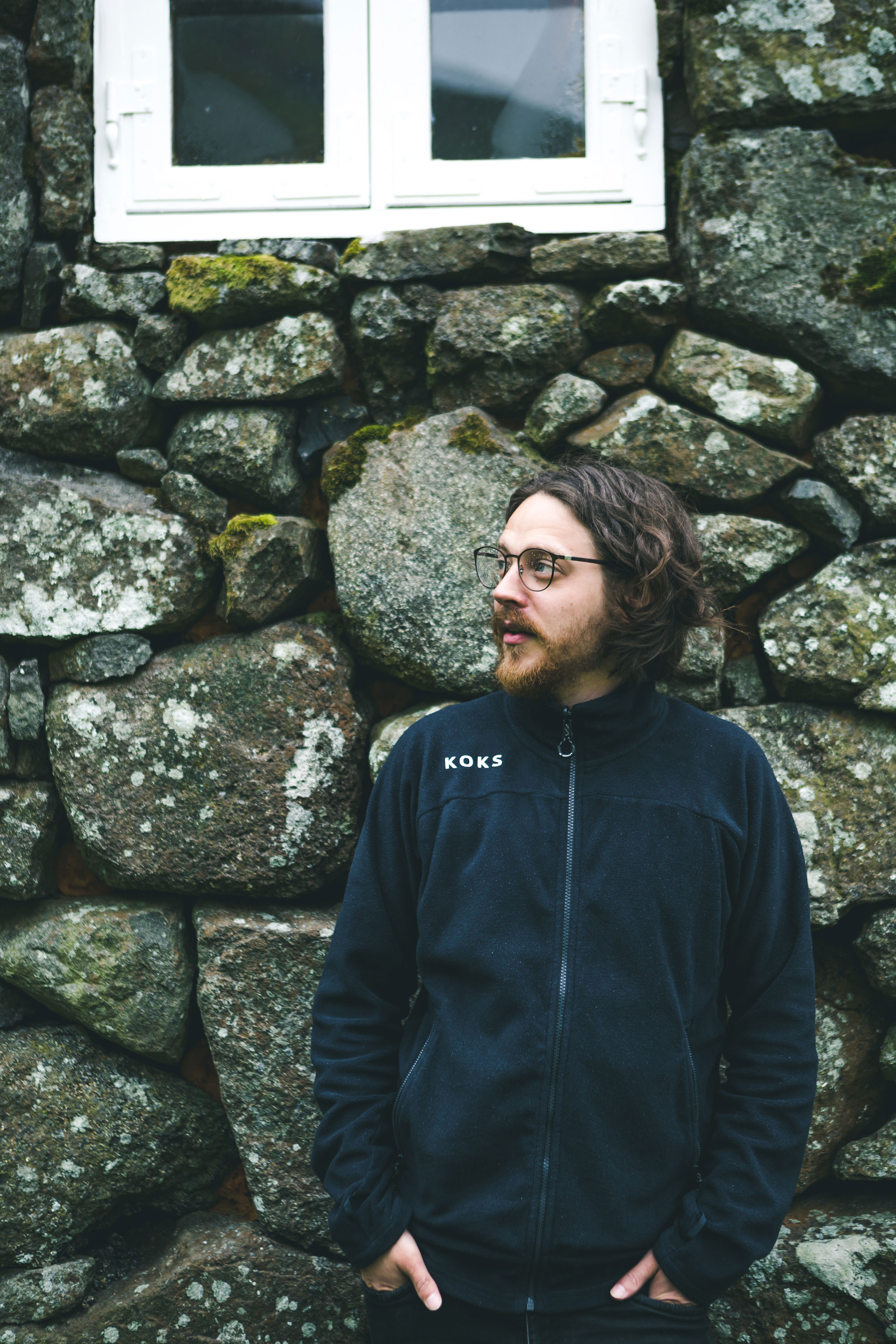
A little look at the Menu for the day:
Scallops — Lumpfish — Sea urchin — Langoustine — Garnatáig — Rhubarb — Crab and Leek — Halibut and Watercress — Monkfish and Beef — Dulse and Blueberry

But you feel on the right track now?
Yes. Now and then, I need to get in touch with myself and take a few days off. I normally don’t ponder too long about what should have been and what could be. As long as it’s fun and interesting, I simply do it. As long as I feel like it. Not because I have to.
Yes. Now and then, I need to get in touch with myself and take a few days off. I normally don’t ponder too long about what should have been and what could be. As long as it’s fun and interesting, I simply do it. As long as I feel like it. Not because I have to.